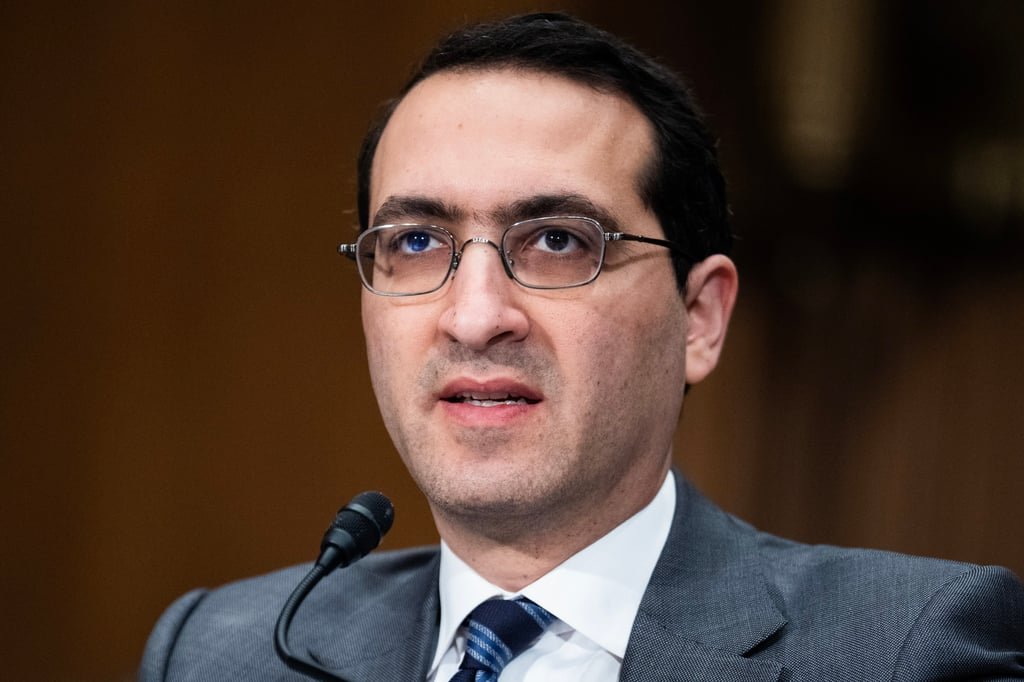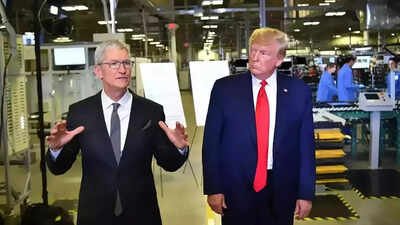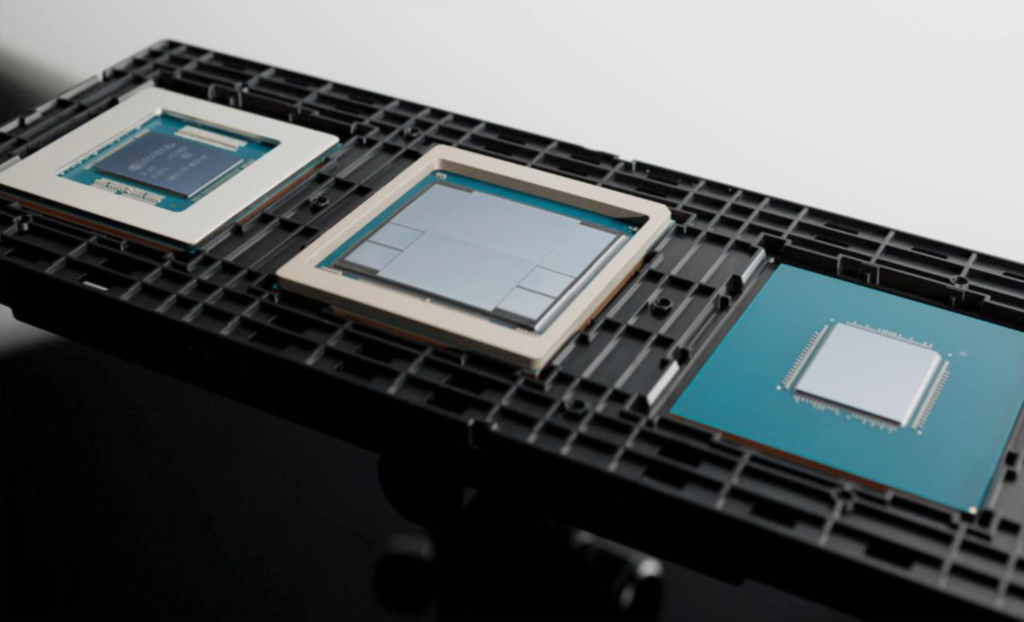The United States aims to pursue a “new golden age” in its relationship with Japan as the two countries recently discussed America’s extended deterrence—commonly known as the nuclear umbrella—amid China’s military buildup, a State Department official told Newsweek.
Newsweek has contacted the Chinese defense and foreign ministries for comment by email.
Why It Matters
The U.S. has committed to defending Japan through extended deterrence, which refers to the pledge to deter and respond to nuclear and non-nuclear threats against allies and partners, including, if necessary, through the use of nuclear weapons. Over 30 countries are protected by America’s nuclear umbrella, a recent Congressional Research Service (CRS) report stated.
According to the Pentagon, China continues its rapid nuclear expansion and is estimated to possess over 600 warheads in its nuclear arsenal—making it the third largest in the world. The Chinese military has significantly expanded its medium-range ballistic missile fleet, which is capable of striking Japan as well as U.S. military bases located there.
What To Know
The Extended Deterrence Dialogue was held from June 5-6 at Barksdale Air Force Base in Louisiana, the U.S. State Department and the Japanese Foreign Ministry said on Monday. The bilateral dialogue was hosted by the U.S. Air Force Global Strike Command.
The U.S. side was represented by officials from the State Department and the Pentagon, while the Japanese delegation included officials from Japan’s foreign and defense ministries, as well as the Japanese Embassy in Washington, D.C., according to the command.
Established in 2010, the bilateral discussion allows both governments to address strategic deterrence, including nuclear and missile defense policy, Japan’s foreign ministry said.
“Our tailored dialogues with allies in the Euro-Atlantic and Indo-Pacific have become deeper and broader,” the U.S. Air Force Global Strike Command told Newsweek, adding that these efforts strengthen allied understanding of U.S. nuclear deterrence posture and capabilities.
This iteration, which was the first held under the second Trump administration, included a visit to the U.S. Air Force Global Strike Command’s training facilities. Officially released photos show the Japanese delegation taking a close look at America’s B-52H strategic bomber fleet.
The U.S. Air Force operates 76 B-52H bombers, according to the Federation of American Scientists, 46 of which are capable of carrying nuclear cruise missiles. This type of bomber was deployed to Guam—a U.S. military hub in the western Pacific Ocean—last month.
The United States hosted Japan for an Extended Deterrence Dialogue (EDD) at Barksdale Air Force Base in Shreveport, Louisiana on June 5-6, 2025. pic.twitter.com/VtoGBzjGEU
— U/S of State for Arms Control & Int’l Security (@UnderSecT) June 9, 2025
Since 2022, this dialogue between Washington and Tokyo has taken place at key locations of the U.S. nuclear triad, which comprises strategic bombers, ballistic missile submarines, and intercontinental ballistic missiles (ICBMs), the U.S. Air Force Global Strike Command added.
Last year, American and Japanese officials met at Francis E. Warren Air Force Base in Wyoming, where the Japanese delegation visited the U.S. intercontinental ballistic missile (ICBM) mission. The base operates Minuteman III ICBMs on full alert around the clock.
What People Are Saying
A U.S. State Department official told Newsweek: “This [Extended Deterrence Dialogue] advanced President Trump’s determination to pursue a new golden age for U.S.-Japan relations and to further enhance U.S. extended deterrence.”
The U.S. Air Force Global Strike Command told Newsweek: “The United States does not face the challenging international environment alone. Our network of allies and partners in the Euro-Atlantic and the Indo-Pacific is an asymmetric advantage that our adversaries can never hope to match.”
What Happens Next?
The U.S. is also likely to enhance its extended deterrence to South Korea—another treaty ally in Northeast Asia—in order to better counter North Korea’s nuclear and missile threats.

Japanese Prime Minister Shigeru Ishiba holds talks with President Donald Trump at the White House in Washington, D.C., on February 7.
Kyodo via AP Images






